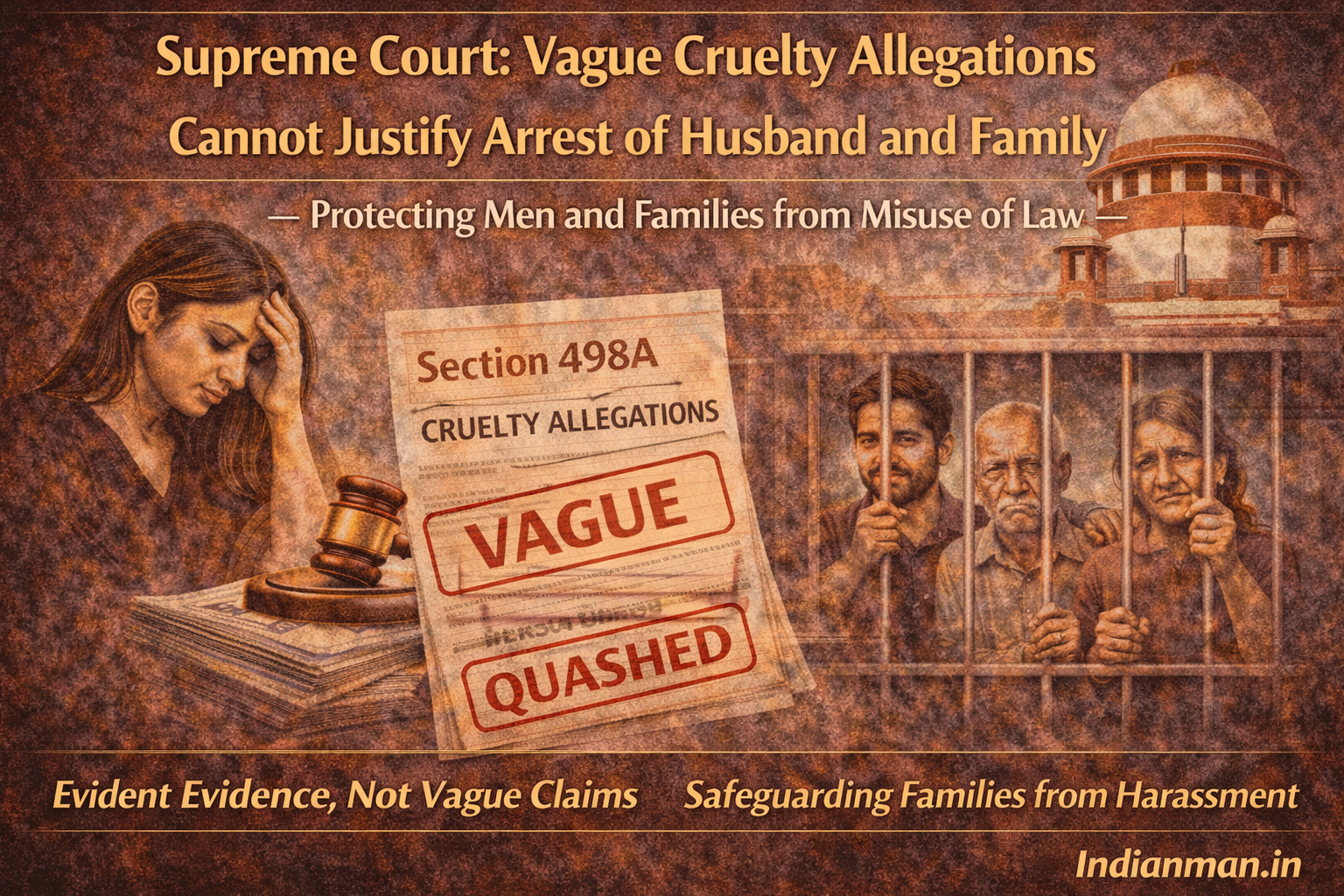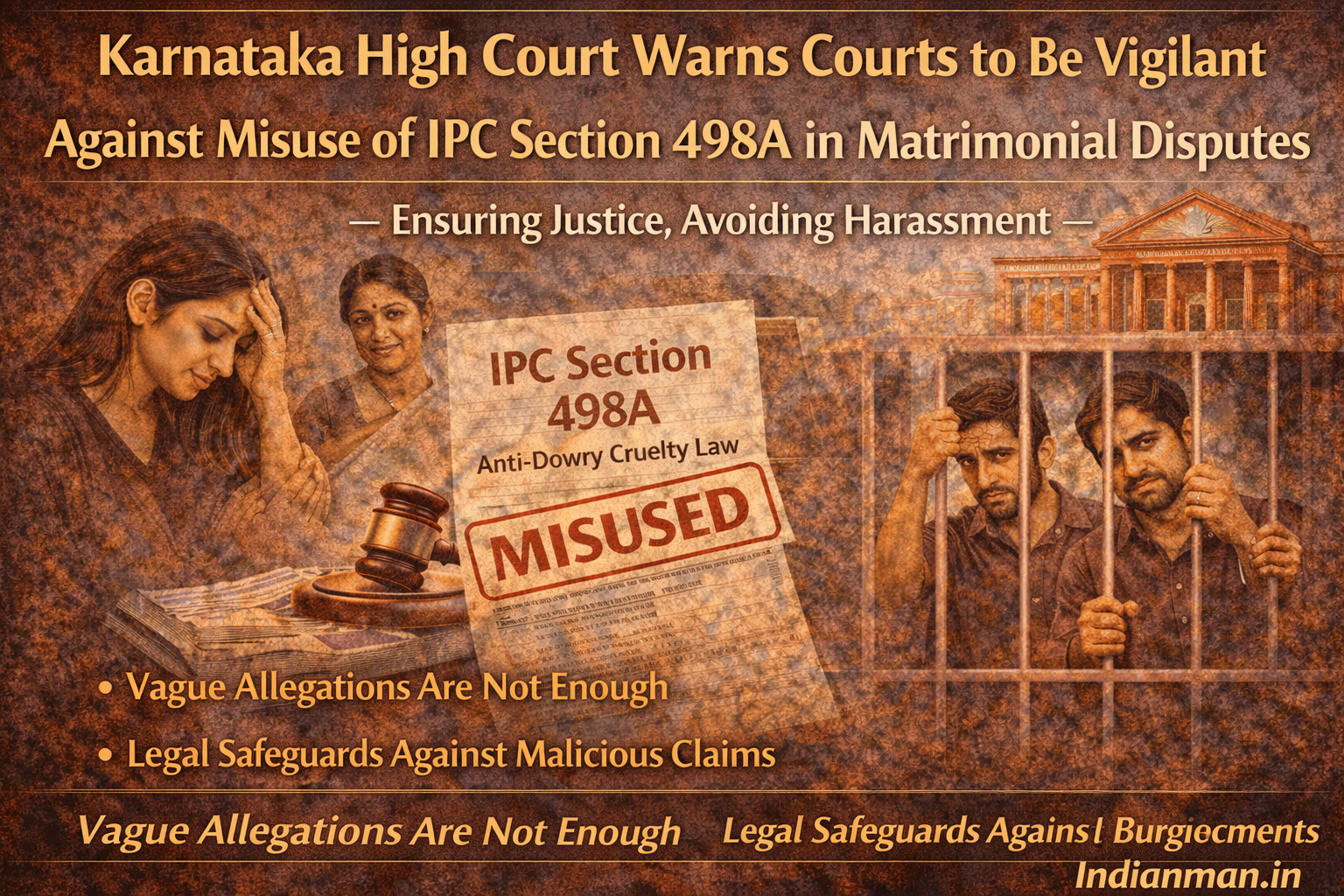Chhattisgarh High Court: ‘Wife’ Under Section 125 CrPC Includes Women Married Through Religious Rites
The Chhattisgarh High Court has ruled that the word “wife” under Section 125 of the Criminal Procedure Code (CrPC) does not only refer to a legally wedded wife but also includes a woman who is married through religious rituals and necessary customs.
This decision was made by Justice Rakesh Mohan Pandey while hearing a criminal revision filed by the husband, Ashok Shrivastava, under Section 19(4) of the Family Courts Act. He challenged the Family Court’s order directing him to pay maintenance.
In the case, the woman, Anju Samudri Shrivastava, said that she and the man lived together after getting married through Hindu rituals in a temple. However, she was later mentally and physically abused. She claimed she was locked in a room without food and that her husband had an affair with another woman. She was forced to return to her parents’ home and asked the court to grant her ₹25,000 per month as maintenance.
The Family Court found her claims partly valid and ordered the husband to pay her ₹10,000 per month.
While the husband denied the marriage, the court noted several facts showing a relationship existed:
- They stayed together in many hotels (as proven by receipts).
- Transactions were made to the woman from the man’s bank account.
- Marriage rituals were performed in a temple.
The High Court also referred to the Supreme Court case Yamunabai Anantrao Adhav vs. Anantrao Shivram Adhav, which stated that a woman married to a man who already has a wife cannot claim maintenance under Section 125 CrPC. However, in the current case, no evidence was presented to show that the woman was already married to someone else, nor was it proven that the man had a living wife at the time.
The High Court held that Section 125 CrPC should be interpreted broadly to protect women who are married through customs and not just legally registered marriages. The burden of proof lies with the husband if he claims that the woman was not legally his wife.
Since the Family Court’s decision was based on solid evidence, the High Court refused to interfere with the order and dismissed the husband’s petition.
Case Title: Ashok Shrivastava v. Anju Samudri Shrivastava
Be a part our social media community:
Facebook: https://www.facebook.com/IndianMan.in?mibextid=ZbWKwL
Instagram:
https://www.instagram.com/indianman.in?igsh=MWZ2N3N0ZmpwM3l3cw==




